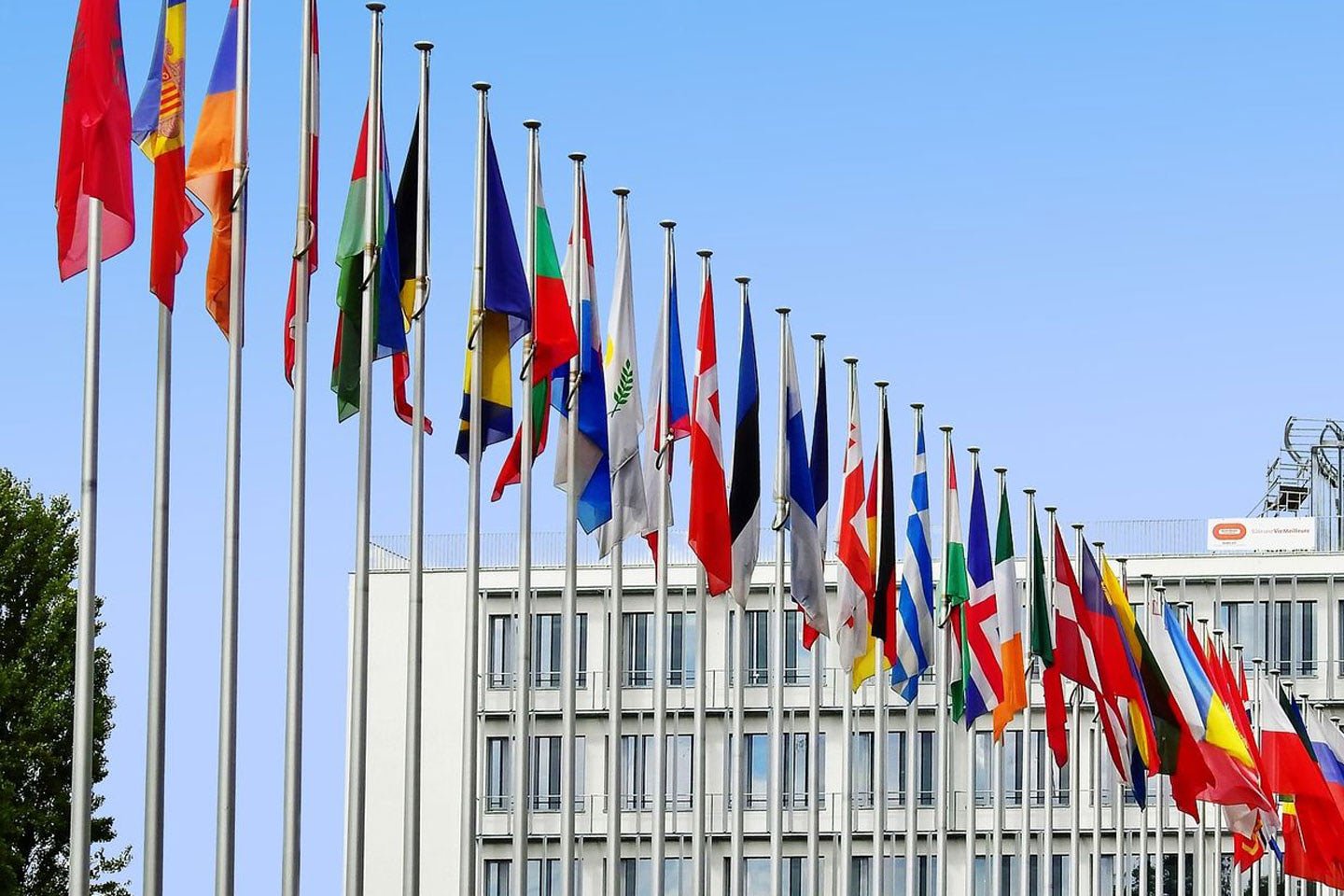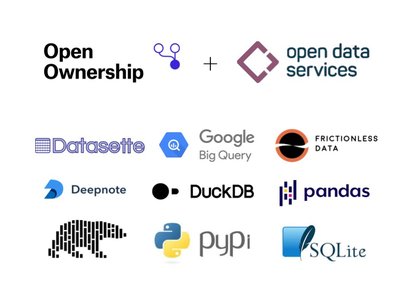Not just public, but useful: the right way to set up a beneficial ownership register

Last year, the Panama Papers showed us how opaque corporate structures are used to facilitate global money laundering, fraud and tax evasion. The Azerbaijani Laundromat, revealed this week in an investigation by the Guardian, is a reminder that anonymously-owned corporate structures are still being exploited for illicit ends.
Now European countries have an opportunity to show real leadership on anti-corruption. The coming of the Fifth Anti-Money Laundering Directive (5AMLD), looks likely to require that all EU countries establish public registers of beneficial ownership. Revealing the true owners and beneficiaries of companies, public beneficial ownership registers are key to preventing Laundromat-esque scandals and helping to stop individuals from shielding their ill-gotten gains.
However, to serve a real blow to those who abuse corporate structures, rather than tick a box, governments establishing public registers must think about the people who will be accessing the data, and ensure their registers are not just public, but easy to use.
Public is good — open and effective is better
While we champion the creation of beneficial ownership registers, simply making this data public in no way guarantees it will be a force against global corruption. To be a threat to those who misuse anonymous companies, beneficial ownership registers must deliver high-quality data in an open, user-friendly format. If the information provided is not fit for purpose — for example, released as bulk PDF files — it will not be useful, and will not be used.
Open Ownership is developing a universal and open data standard for beneficial ownership, which provides governments with a practical foundation for collecting and publishing beneficial ownership data. Published using this standard, data will be user-friendly and open, meaning it is “machine readable” and can be freely used by anyone, anytime, anywhere.
Open Ownership is also offering technical assistance on implementing the data standard and is on hand to help governments with general issues of data quality, ensuring that the data is genuinely useful and that loopholes, which could undermine the process, are eliminated.
How can Open Ownership help?
By adopting the Open Ownership standard and international best practice on data, countries can take a crucial first step to making beneficial ownership registers fit for purpose for tackling corruption, promoting:
- Better data quality: If data is open, rather than published haphazardly in awkward formats, more people will use it. The more people that use data, the more inconsistencies are identified, and the better the data set becomes. This makes beneficial ownership data more useful for everyone — governments and businesses included.
- Linking of registers: By linking beneficial ownership information from around the world, we can expose illicit financial flows across borders. This is only possible if beneficial ownership data is open. The more countries that adopt a universal data standard, the better we can compare data transnationally.
- Linking to other datasets: Just as when it’s connected across borders, beneficial ownership data is more powerful when it’s connected across different areas of government. By linking beneficial ownership data to procurement, licensing, lobbying and political donations data, for example, we can bring transparency to areas of government where corruption is often endemic.
Partnering with us
Open Ownership is actively partnering with governments and providing support to implement the standard. Meanwhile, we have built the world’s first global beneficial ownership register — now in beta — linking beneficial ownership data from worldwide corporate registries and other sources.
Now we need governments to step up and provide their beneficial ownership data in a form that is genuinely useful to users across the public and private sectors, and civil society. Working together, we can help to systematically expose corruption — without having to rely on whistleblowers.
Related articles and publications
Publication type
Blog post
Topics
Beneficial Ownership Data Standard,
Open Ownership Register


